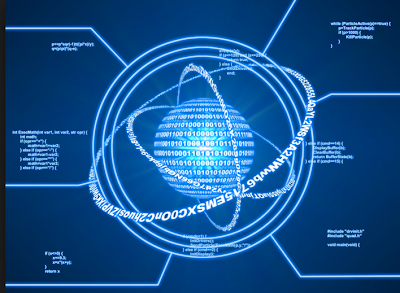Researchers at the Technische Universität München (TUM) have proven that wireless communications can be made more secure through a novel approach based on information theory."
The method is counter-intuitive and involves information theory and zero capacity channels. "The scheme uses two physical channels – that is, frequency bands in a wireless system – that are inherently useless, each being incapable of securely transmitting a message," says TUM.
Intuitively, combining one zero-capacity with another zero-capacity should result in zero capacity. “But in this case,” Schaefer explains, “it’s as if we’re getting a positive result from adding zero to zero. We find that we are able to ‘super-activate’ the whole system, meaning that combining two useless channels can lead to a positive capacity to transmit confidential messages securely.”
Superactivation is not unknown in quantum theory. It's the combining of zero capacity quantum channels to produce a channel with positive capacity; but is not yet applicable to current technology. But what Boche and Schaefer have achieved "is," says Boche, "the first example of super-activation – where zero plus zero is greater than zero – in classical communication scenarios.”
Huh?

